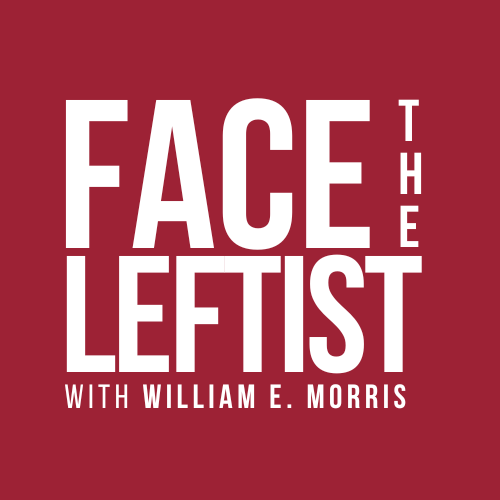I. Introduction:
Access to higher education is a cornerstone of social mobility and national progress. Project 2025 recognizes the imperative need for making college education accessible and affordable to all Americans. Our policy paper outlines the vision of a nation where every citizen has the opportunity to pursue higher education, unburdened by crippling student debt.
II. Background:
The rising costs of college education in the United States have created significant barriers to entry for many aspiring students. Mounting student loan debt, coupled with limited access to affordable education, has stifled economic mobility and hindered the nation’s progress. The College for All proposal seeks to address these issues and create a level playing field for all Americans in the pursuit of higher education.
III. Key Features of College for All:
A. Tuition-Free Public Colleges and Universities:
- College for All guarantees tuition-free education at public colleges and universities for all eligible students. This ensures that financial constraints do not deter individuals from pursuing higher education.
B. Reducing Student Debt:
- Existing student loan debt will be addressed through debt relief programs, offering relief to those already burdened with student loans. This alleviates the financial pressure on individuals and stimulates economic growth.
C. Universal Access:
- College for All extends beyond traditional four-year institutions, encompassing vocational and technical education, community colleges, and online courses. This promotes a diverse and inclusive approach to higher education.
D. Financial Aid Reform:
- The FAFSA (Free Application for Federal Student Aid) process will be simplified and streamlined, ensuring that financial aid reaches those who need it most. This reform will make the application process more accessible and less burdensome.
E. Investing in Education:
- Federal investment in education will be prioritized, with a focus on faculty salaries, modernized facilities, and quality instruction. This will ensure that higher education institutions provide the best possible educational experience.
IV. Funding and Implementation:
A. Progressive Taxation:
- Funding for College for All will be achieved through a progressive taxation system that ensures those with higher incomes contribute their fair share. This funding mechanism will secure the sustainability of the program.
B. Phase-In Approach:
- Implementation will be gradual, allowing institutions and students to adapt to the new system. This phase-in approach will prevent disruptions and ensure the smooth transition to tuition-free education.
V. Conclusion:
College for All embodies our commitment to expanding educational opportunity and fostering economic mobility. This progressive initiative envisions a future where higher education is accessible, affordable, and equitable for all Americans, regardless of their background or financial means. It represents an investment in our nation’s future, ensuring that we remain competitive on the global stage and fostering a more educated, prosperous, and inclusive society.
In subsequent policy papers, we shall explore additional aspects of the Progressive Presidential Project 2025, offering comprehensive insights into our vision for a better America. College for All stands as a testament to our dedication to progress, opportunity, and the empowerment of our citizens through education.

